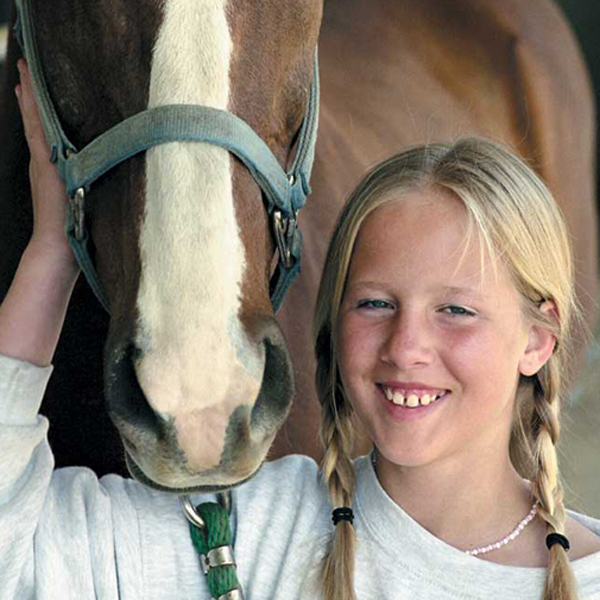“My child stays in his room after school and on weekends,” says one mom. “He just lies on his bed with his headphones on. Is that normal?” Another reports, “My daughter is at play rehearsals practically all the time. It’s like her life revolves around her school’s theatre program. Is that good for her?”
Why is it that some kids seem to have purpose, passions and interests, while others seem languid and aimless? The truth is that kids who are “lost” are often the ones who’ve never found a special activity to pour their heart into. Those with a passion are more likely to negotiate the tricky teen years successfully.
Preteens and teens are at a tenuous point in their lives. Hormonal changes, shifting relationships, and a pull to differentiate themselves from their parents all combine to create a shifting sense of self.
For children who were adopted, identity also encompasses the idea of a birth family (whom they may never meet) and an adoptive family. During this turbulent developmental period, children run the risk of losing themselves to peers, the media, and other social pressures.
Parents must make every effort to help children feel confident about their identity during this perplexing time. Experts agree that kids who find and stick with an extracurricular area of mastery, be it playing the piano, competitive swimming, stamp collecting, or fashion design, gain an increased sense of self-worth and individuality. This gives adopted kids a leg up with who they are and where they fit in.
Promote Your Child’s Passion
How does a parent help a child discover an affinity? How do you help him achieve mastery in an area that will both fuel and ground him?
Watch for the spark.
What ignites your child’s spirit may not be to your particular taste. Yet it may be the spark that becomes the sustaining flame of identity during adolescence. One child was passionate about theatre, but his dad wanted him to play soccer. This clash over passions and interests ultimately resulted in the boy’s choosing nothing and succumbing to peer pressure in using drugs.
Help her stick to it.
Let your child try a variety of potential passions and interests for a set time period. Children who hop from violin to soccer to Web design within six months never get past the initial learning curve to discover something they want to master.
Know when to push and when not to.
By age 9, children are able to make yearlong commitments. During the year your child is trying something new, urge him to stick with it. If you sense there’s no affinity, let him switch activities — but only after the year is up. In our channel-changing culture, complaints about an activity may just indicate a short attention span that can be worked through.
Helping your child push past inevitable bumps in the road is different from forcing him to do something he truly dislikes. Offer steady support without undue pressure. Your child doesn’t have to become a pro, he just has to commit to and enjoy the activity.
Help her stay rounded.
While an area of mastery can do all kinds of good for your child, it shouldn’t become consuming to the point of excluding all other interests. Encourage her to stay connected to studies, casual pursuits, and sheer fun, as well.


